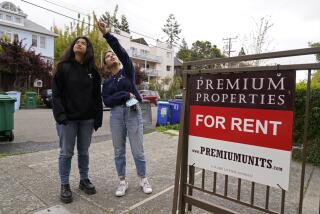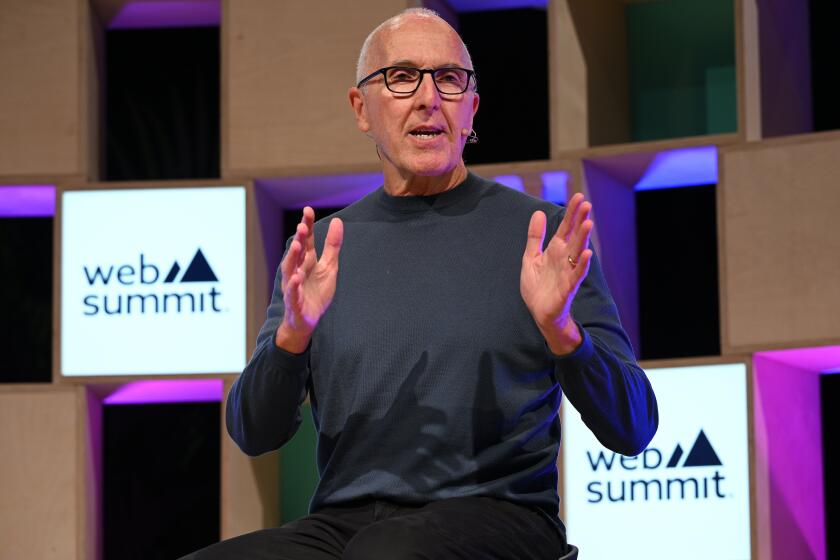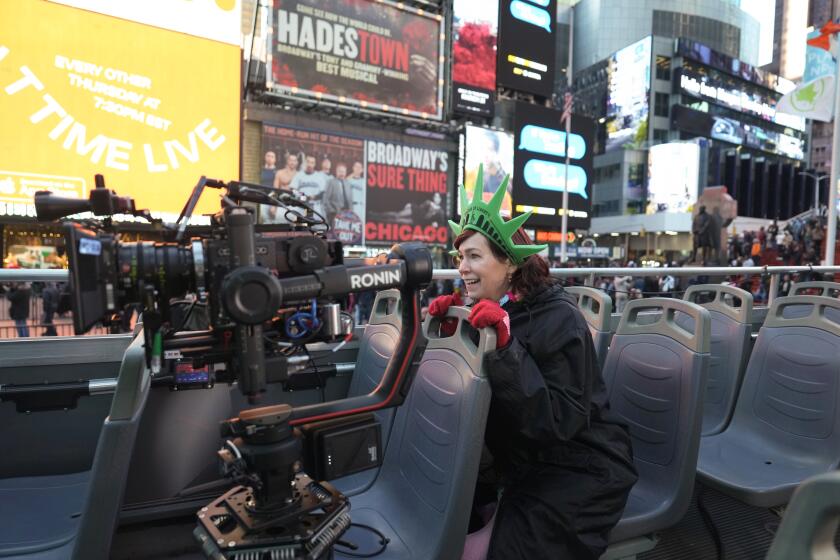Enron Broadband Case Ends in Deadlock
A federal court jury Wednesday acquitted three former Enron Corp. broadband executives of some charges but deadlocked on the remaining charges involving them and two other executives.
The five were on trial for their alleged roles in making the failed broadband venture appear strong to investors to boost the company’s stock price.
U.S. District Judge Vanessa Gilmore declined requests from attorneys to identify the nature of the jury split. She issued an order barring jurors from discussing the case, which she said would have to be retried.
Former broadband Chief Executive Joseph Hirko was acquitted on insider trading and money laundering counts, and former strategist Scott Yeager was acquitted of conspiracy and securities and wire fraud counts. Software engineer Rex Shelby was acquitted of insider trading.
The jury of 10 men and two women, which deliberated four days and was considering 164 counts, also was unable to reach a verdict on any counts involving former finance chief Kevin Howard and in-house accountant Michael Krautz.
Former Enron CEO Jeffrey K. Skilling, whose trial is set for January alongside Enron founder Kenneth L. Lay and former Chief Accounting Officer Richard A. Causey, also faces charges that he lied to Wall Street about the broadband unit’s capabilities and value.
Although there were no guilty verdicts, the outcome did not exonerate the five defendants.
“I feel very comfortable with the not guilty,” said Tony Canales, Yeager’s lawyer. “Everybody should. The government did not get a single guilty.”
“After three months, the jury didn’t find guilt,” Barry Pollack, Krautz’s lawyer, said. “That tells us something of the government’s use of its resources in this case.”
Federal prosecutor Cliff Stricklin implored Gilmore to order the jury to resume deliberations today, saying four days of discussions was not enough given the complexity of the case and the huge amount of evidence delivered to jurors after three months of testimony.
“No doubt this case will have to be retried,” he told the judge.
Gilmore said she agreed the four-day deliberation time seemed short, but she declined to bring the jury back.
Prosecutors left the courtroom without comment.
“What can you say?” said Ed Tomko, whose client, Shelby, was acquitted on four counts of insider trading but had 16 others result in no verdict. “We’re disappointed to have spent 12 weeks and an amount of money and wind up with a verdict that is confusing. It doesn’t make any sense. Obviously, they could not reach a unanimous verdict on most of the major counts.”
The two alleged schemes that came together in the trial that began April 18 focused on technology and finance.
On the technology side, Hirko, Yeager and Shelby were accused of conspiring with others to lie to Wall Street analysts and investors about the status of Enron’s broadband network and operating software so they could pocket millions of dollars from sales of hype-inflated stock.
Often technology acronym-filled testimony boiled down to what worked when and whether it was touted in future or present tense to analysts who influenced Enron’s stock price at a January 2000 conference in Houston.






